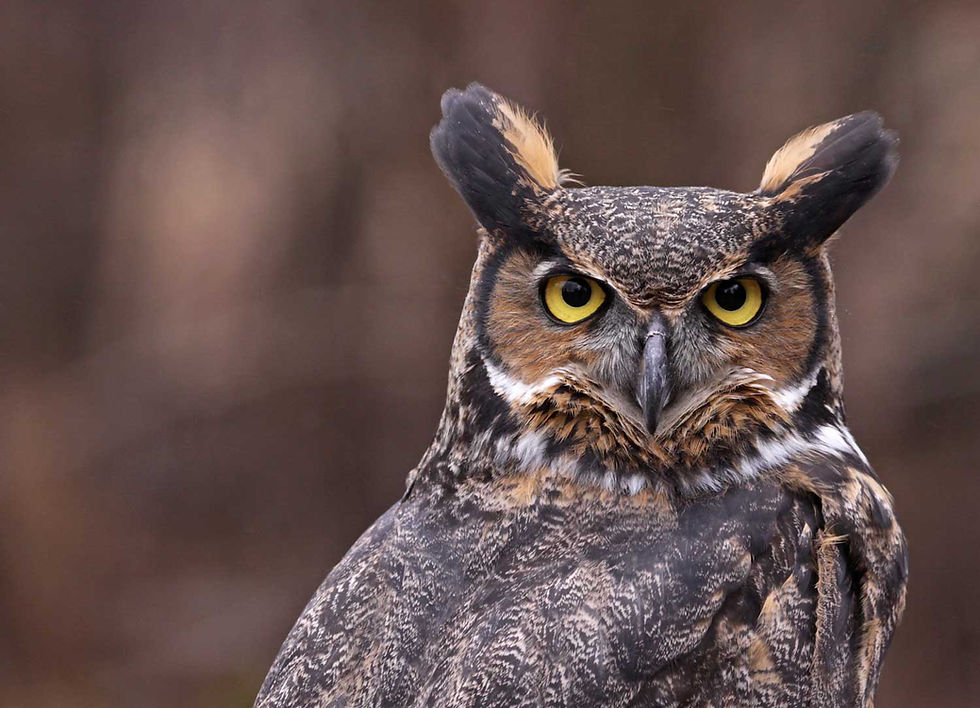WHAT WILL BE THE IMPACT OF THE INCREASED ENTRY FEE TO THE MASAI MARA?
- joinusjoiners
- Aug 9, 2024
- 2 min read
Increasing the entry fee to Masai Mara National Park has significant negative effects on Kenyans. This protected area of Kenya is renowned for its natural beauty and diverse wildlife, attracting a large number of tourists from all over the world. However, the proposed increase in entry fees could deter visitors, leading to a decline in tourism revenue and potentially harming the local economy.
Loss of Tourism Revenue
Masai Mara National Park is a popular destination for local and international tourists alike. Many people visit the park to witness the wildebeest migration, experience the thrill of wildlife safaris, or simply enjoy the serene landscapes and picturesque scenery. As a result, tourism is a significant contributor to Kenya's economy, generating income for local businesses, hotels, and tour operators.
However, if the entry fee is increased, tourists may become less inclined to visit the park. This decrease in tourism revenue can have a ripple effect throughout the local tourism industry, affecting hotels, restaurants, transportation providers, and souvenir shops that rely on visitors. The loss of revenue can hurt these businesses and their employees, potentially leading to job losses and decreased economic activity.
Impact on Local Communities
Masai Mara National Park is not only a popular tourist attraction but also a source of livelihood for many local communities. Local Maasai communities, who have inhabited the area for centuries, rely on tourism for their livelihoods through activities such as guiding, accommodation, and the sale of handicrafts. The proposed increase in entry fees could potentially hinder their ability to generate income and support their families.
Furthermore, the park plays a crucial role in preserving the Maasai culture, as it serves as a source of traditional knowledge and heritage. The Maasai depend on their connection with the park for their cultural identity, and an increase in entry fees could disrupt this connection. This could not only affect the Maasai themselves but also contribute to the erosion of their cultural heritage.
Decreased Conservation Efforts
Masai Mara National Park is renowned for its conservation efforts, including the protection of endangered species and the preservation of natural habitats. Increasing the entry fee could have a detrimental impact on these efforts.
With reduced tourism revenue, there may be a decrease in funding for the conservation programs in the park. This could lead to reduced staff, decreased monitoring of wildlife populations, and lower maintenance of the park's infrastructure. Without adequate resources, the park's conservation efforts may falter, leading to a decline in biodiversity and an increased risk of wildlife extinction.
Conclusion
Increasing the entry fee to Masai Mara National Park can have far-reaching negative effects on Kenyans. It can lead to a loss of tourism revenue, affecting local businesses and employment opportunities. Moreover, the proposed increase could hinder conservation efforts and disrupt the livelihoods of local communities that rely on tourism income. Policymakers must consider these consequences and balance protecting the park's ecosystem and preserving its economic value for Kenyans.





Comments